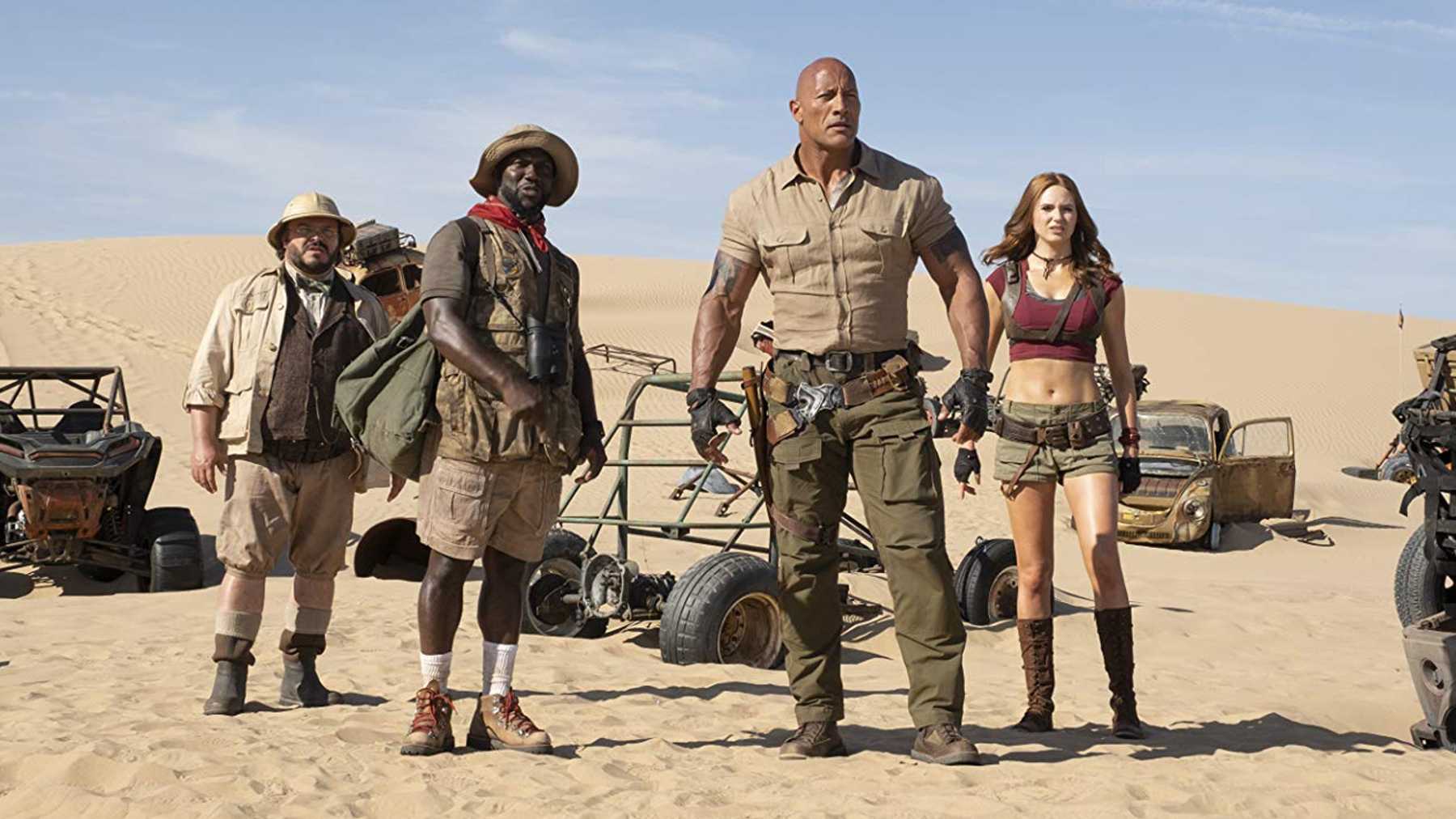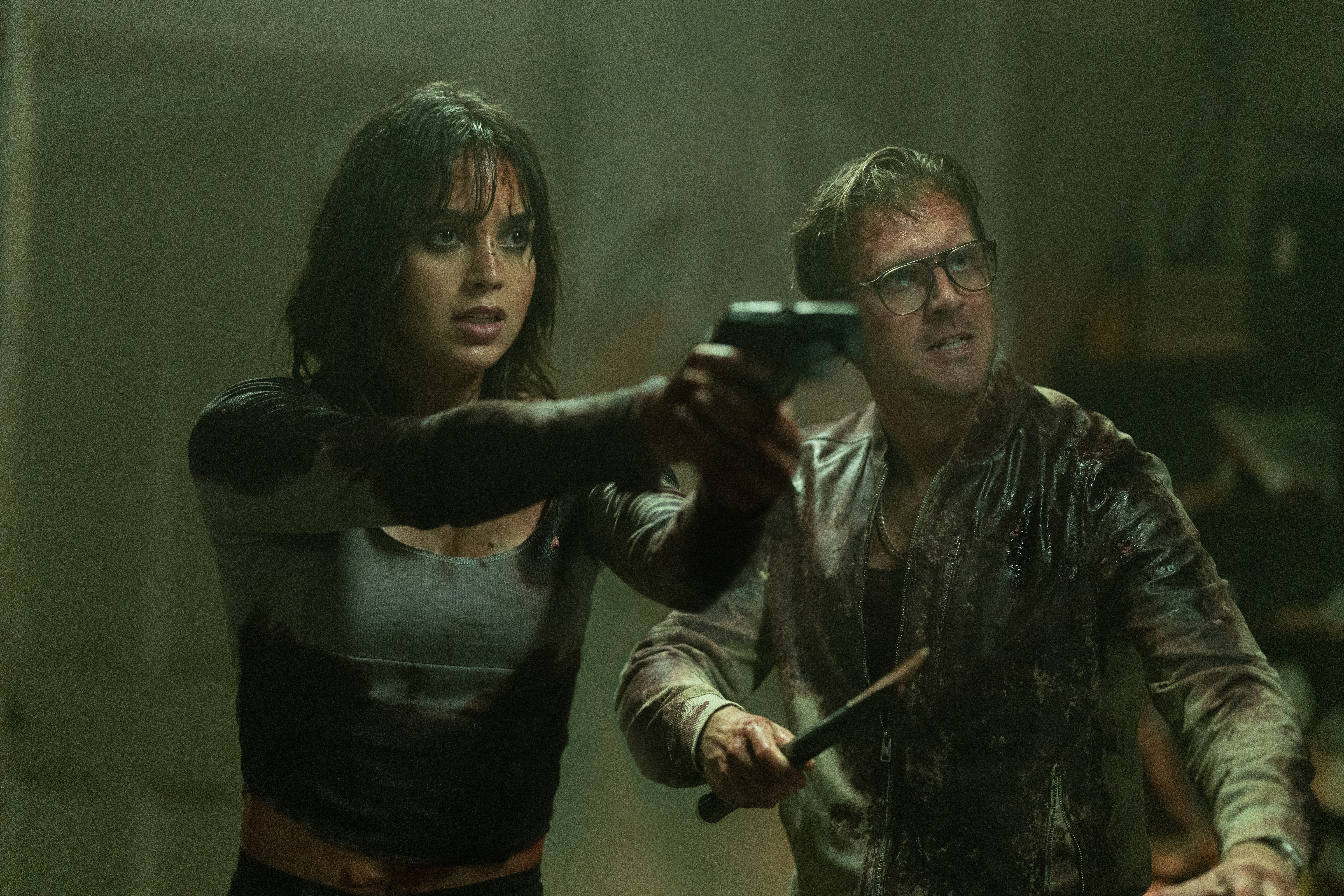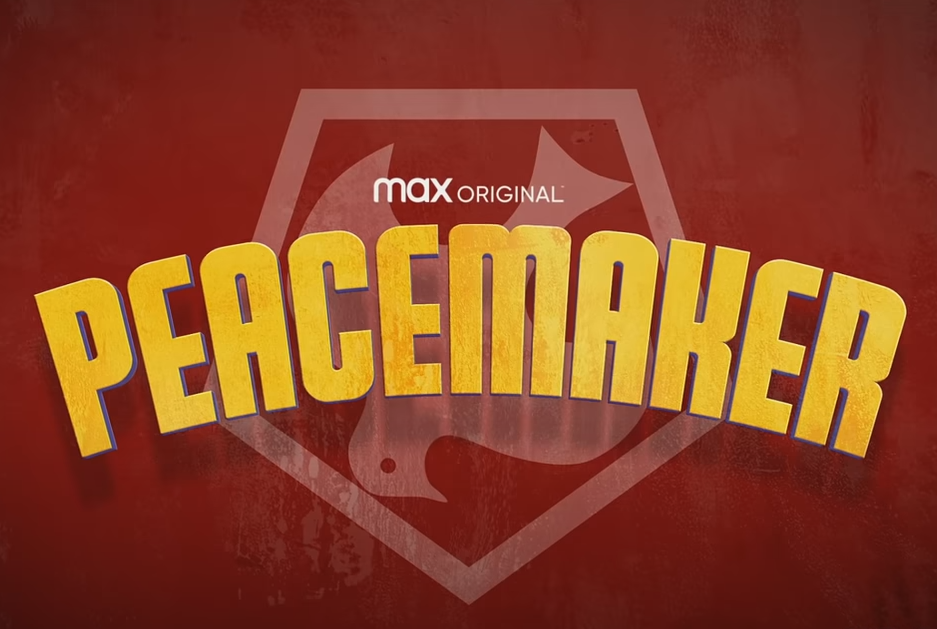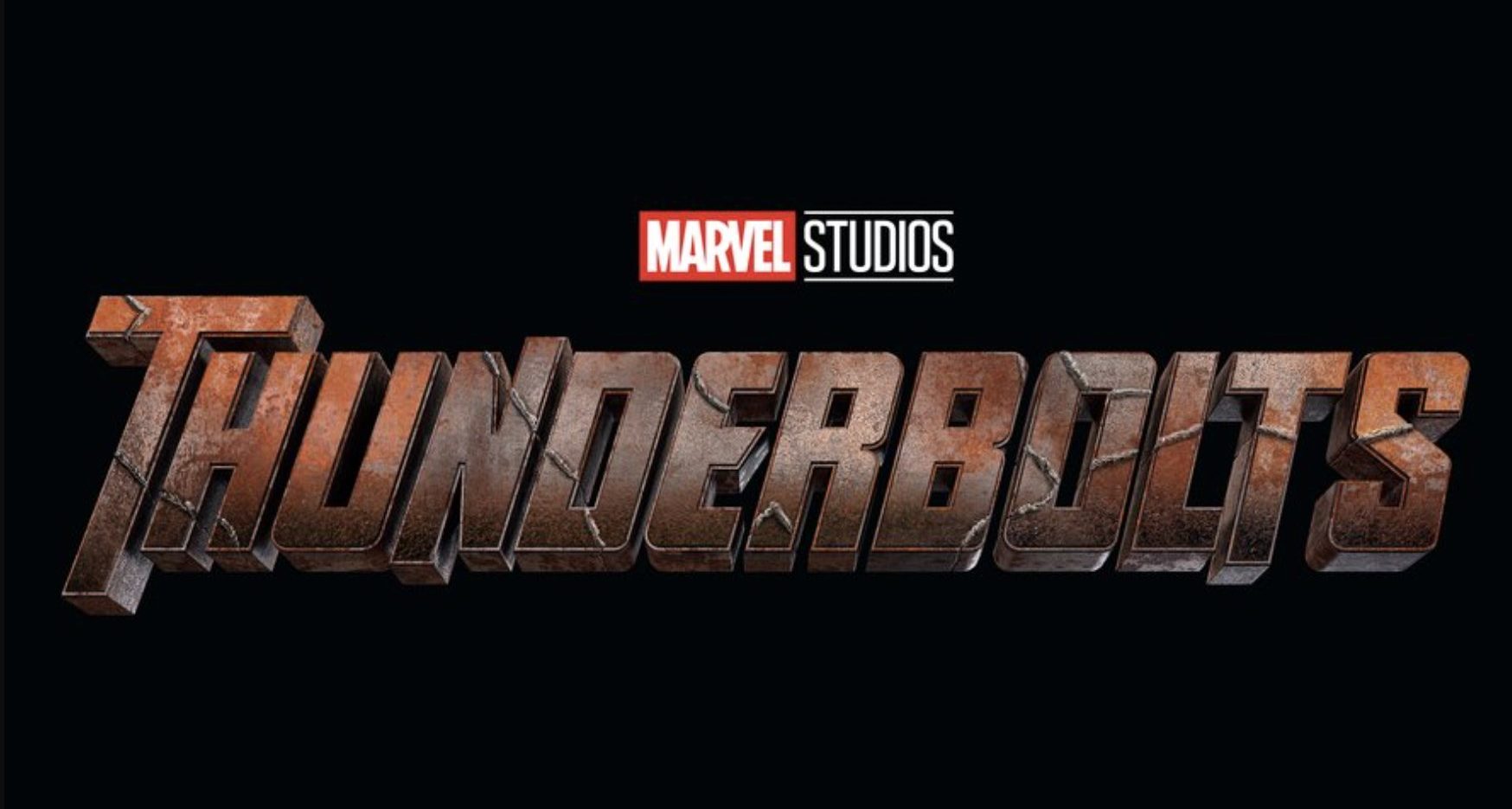Jumanji is a cool little series. It was a lot of fun to watch as a kid of the ‘90s and it was a lot of fun to watch a couple of months back. It’s weird, it’s silly, it’s nonsensical, but each entry has enough heart and laughs to keep me going through to the end. However, there is one element that has always slightly blown my mind about the whole thing. I’m talking about the “time travel” element.
What do I mean by that? Well, in the first Jumanji, Alan Parrish grows up and then is sent back as a kid back to when he was first sucked into the board game. He then essentially lives an entire second life with those memories still intact. In Jumanji: Welcome to the Jungle, Colin Hanks’ character also gets stuck in the game as a kid for a long time and is given the opportunity to live out life again in the real world.
I mean, it’s not the most complex time travel aspect out there, but it is one that can kinda blow your mind if you think about it too hard. The idea that you come out pretty much exactly when you went in (with the exception of plot-convenient stuff…which is something that was mostly broken in Jumanji: The Next Level) is interesting.
Apparently, this is an entire logic system that confuses even Jumanji: The Next Level director Jake Kasdan.
RELATED – Rhys Darby Interview for Jumanji: The Next Level [Exclusive]
“We’ve tried hard to stay kind of consistent with the set of rules that is started in the first movie, but not really designed for the way that we’re – the design in the first movie does not take into account the weird reconception that would happen 25 years later, unsurprisingly. [Laughs]
“They don’t remember it because they were not – Alan Parish remembers it. So in other words, Robin and Bonnie’s characters remember it because they’re the ones who emerged with the memory intact. And the way that the first movie ends, because they have emerged at the time that they entered the game, the way we’ve tried it, the way we’ve sort of played the role also, right? Which is like, you come back out at the time that you went in.
“They are able to preemptively prevent the kids from having that experience in the first movie. Do you see what I’m saying? So the kids show up in town at the end of the first movie, they recognize them, and there’s the scene where they tell the parents, ‘Don’t go on a ski trip.’ There’s this moment at the very end where they alter the course of the present day in the original Jumanji, 1996 right? And prevent the kids from ever having the experience of playing the game. Whereas they had the experience as kids 25, 30 years before, Bonnie and Robin’s characters. They remember what happened, you follow?”
It doesn’t quite work out consistently across all three movies, but in all honesty, that’s totally fine. I’m not exactly going to Jumanji: Welcome to the Jungle for peak logic. I’m going for laughs and thrills. If they sneak enough heart in there as well, there’s a good chance I’ll let little lapses of logic pass…like in Avengers: Endgame.
What do you think of Kasdan’s logic of how time works? Let us know your theories down below!
Wanna join the LRM Online conversation on Discord? Join our server by CLICKING HERE!
—–
Have you checked out LRM Online’s official podcast feed yet The LRM Online Podcast Network? This includes our flagship podcast Los Fanboys, our premiere podcast Breaking Geek Radio: The Podcast, GeekScholars Movie News, and our morning show LRMornings. Check it out by listening below. It’s also available on all your favorite podcast apps!
Subscribe on: Apple Podcasts | Spotify | SoundCloud | Stitcher | Google Play
SOURCE: Collider

 FOR FANBOYS, BY FANBOYS
Have you checked out LRM Online’s official podcasts and videos on The Genreverse Podcast Network? Available on YouTube and all your favorite podcast apps, This multimedia empire includes The Daily CoG, Breaking Geek Radio: The Podcast, GeekScholars Movie News, Anime-Versal Review Podcast, and our Star Wars dedicated podcast The Cantina. Check it out by listening on all your favorite podcast apps, or watching on YouTube!
Subscribe on: Apple Podcasts | Spotify | SoundCloud | Stitcher | Google Play
FOR FANBOYS, BY FANBOYS
Have you checked out LRM Online’s official podcasts and videos on The Genreverse Podcast Network? Available on YouTube and all your favorite podcast apps, This multimedia empire includes The Daily CoG, Breaking Geek Radio: The Podcast, GeekScholars Movie News, Anime-Versal Review Podcast, and our Star Wars dedicated podcast The Cantina. Check it out by listening on all your favorite podcast apps, or watching on YouTube!
Subscribe on: Apple Podcasts | Spotify | SoundCloud | Stitcher | Google Play




